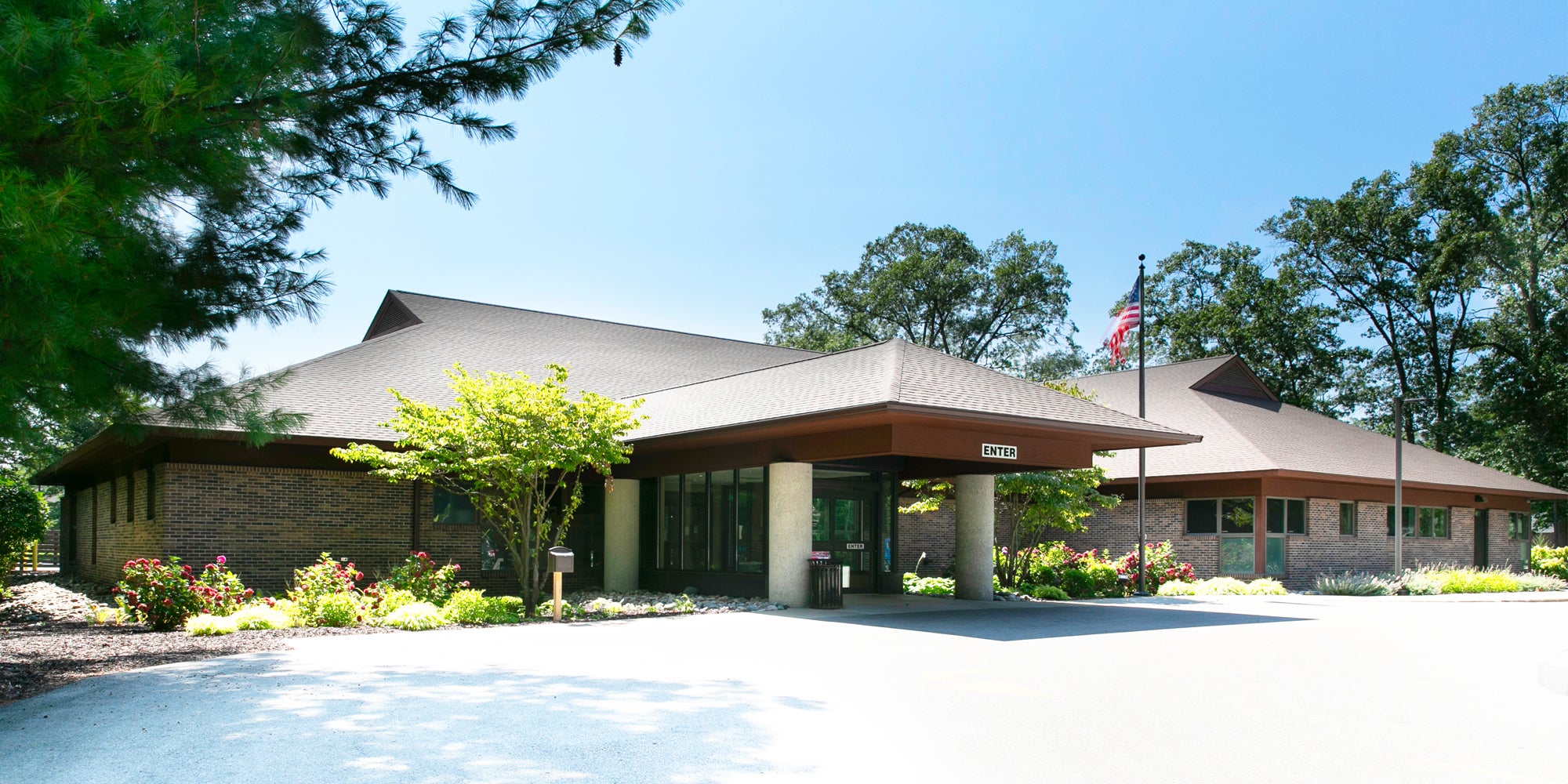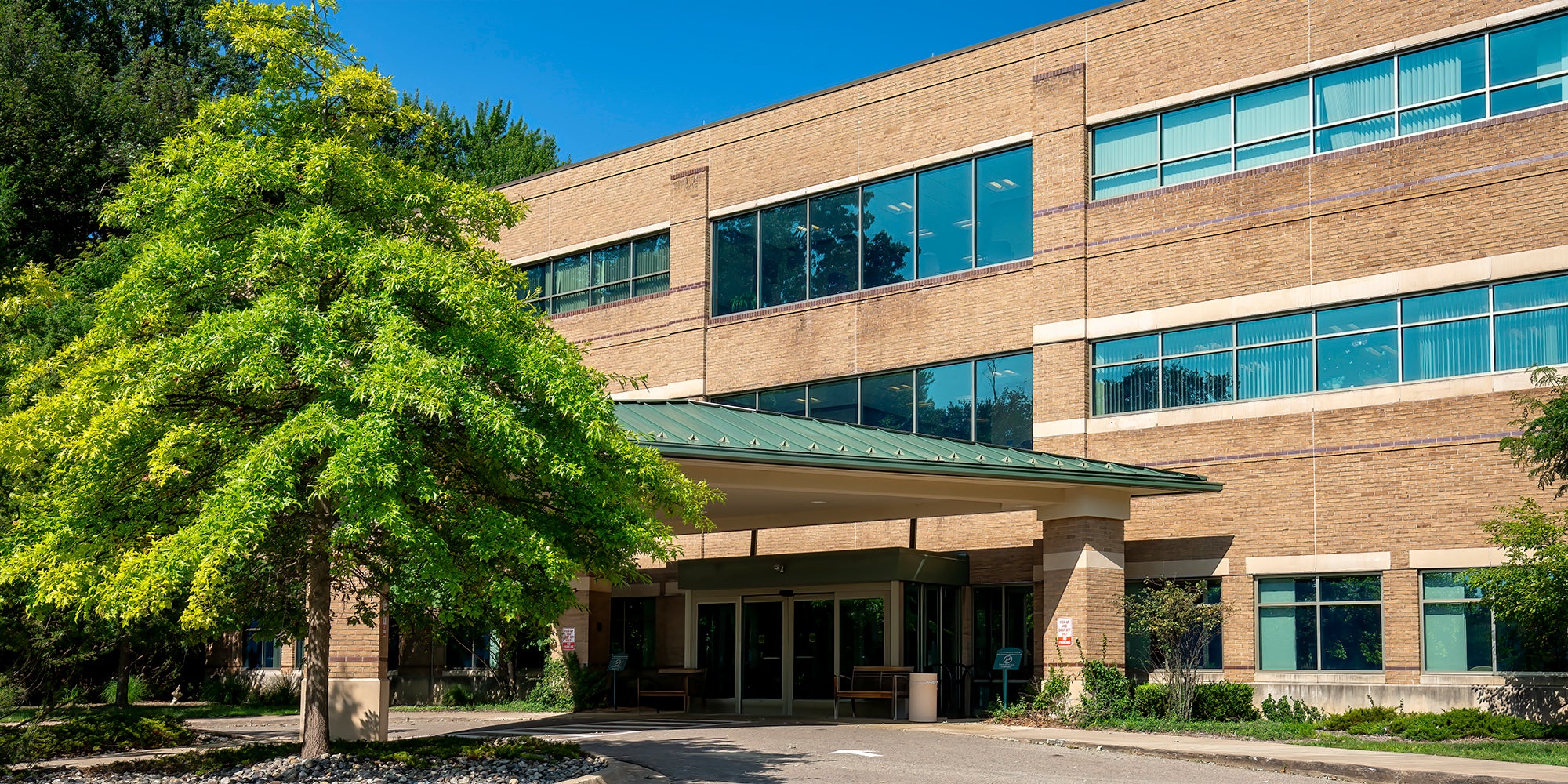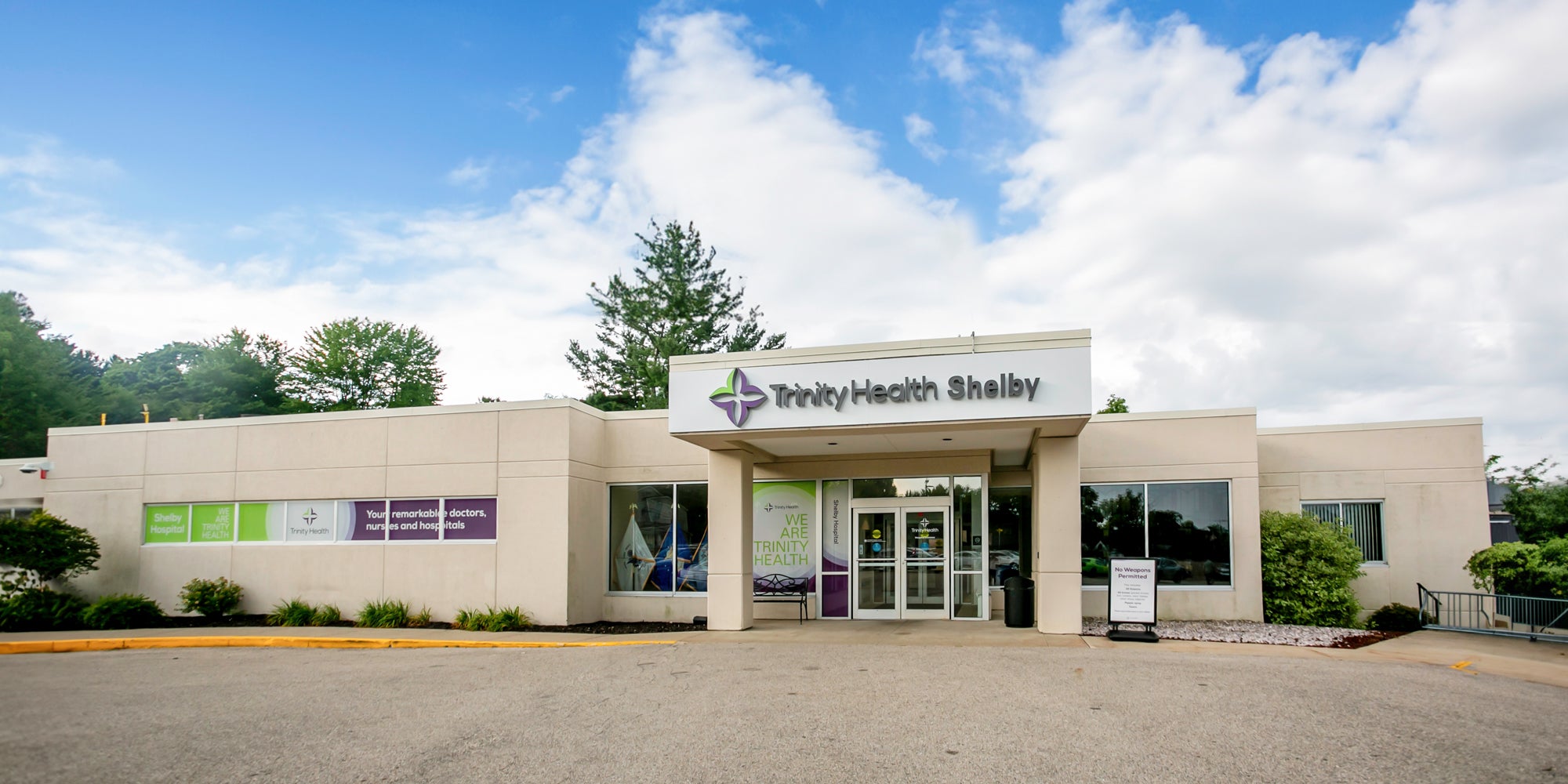Sleep Disorders
Sleep issues aren’t just bothersome at night. Poor-quality sleep can make you feel sluggish during the day and raise your risk of other health issues. But Trinity Health Michigan can help you get restful sleep so that you feel your best for years to come.
Our Locations
Sleep Disorder Care at Trinity Health Michigan: Why Choose Us?
Trinity Health Michigan is home to neurologists who are board certified in adult and pediatric sleep medicine. Our experts use the latest methods to evaluate, diagnose and treat a broad range of sleep disorders.
Nationally Recognized Sleep Disorder Testing
Disorders like sleep apnea and sleepwalking require overnight testing in our sleep center.
Our commitment to the highest sleep study standards helps us maintain accreditation from the:
- American Academy of Sleep Medicine
- Accreditation Commission for Health Care
We provide a hotel-like atmosphere with private rooms that help you have a comfortable testing experience. While you are sleeping, we may assess breathing, brain activity and movement. Some sleep studies enable us to tailor breathing machine settings to your needs. Learn more about neurodiagnostics for sleep disorders.
Sleep Disorder Treatments
We help many people get relief without medications. Instead, we guide you through lifestyle changes and nighttime habits that promote restful sleep. For conditions such as sleep apnea, you may need a machine that delivers a steady stream of air or oxygen.
These machines, which include CPAP and BiPAP (continuous or bilevel positive airway pressure) devices, can make a big difference in your symptoms. But they aren’t for everyone. If you cannot tolerate a CPAP, you may be eligible for a hypoglossal nerve stimulator. This implantable device helps keep your tongue from sinking into your upper airway while you sleep.
Types of Sleep Disorders We Treat
- Circadian rhythm disorder: Disruptions to the body’s natural sleep-wake cycle that can cause drowsiness during the day
- Insomnia: Difficulty falling or staying asleep
- Narcolepsy: Severe daytime drowsiness that causes sudden sleep attacks
- Night terrors: Nightmares that cause brief awakenings from a deep sleep and inconsolable distress
- Obstructive sleep apnea: Breathing pauses that occur when throat muscles relax, blocking (obstructing) your airway
- Periodic limb movements: Repetitive leg, foot and sometimes arm movements that wake you from sleep
- Restless leg syndrome: Intense urge to move your legs that occurs before you go to sleep
- Sleep-related hypoventilation: Shallow or slow breathing during sleep that causes a drop in blood oxygen levels
- Sleepwalking: Getting out of bed during deep sleep
- Snoring: Raspy sound coming from the nose or mouth that’s due to obstructed breathing









